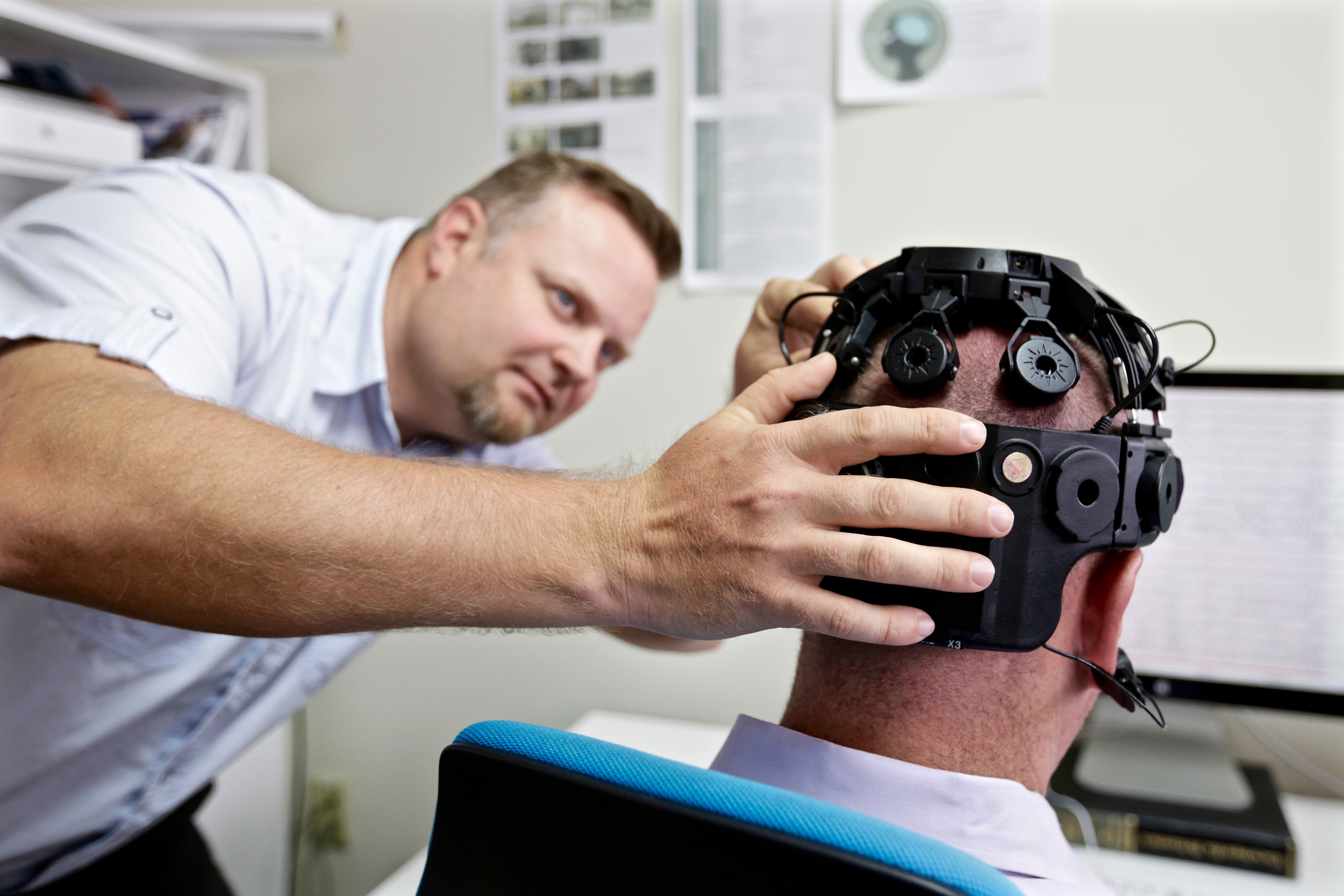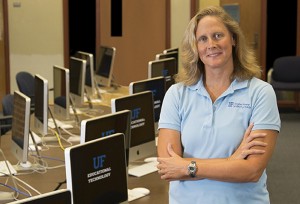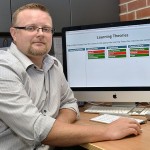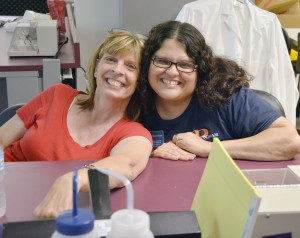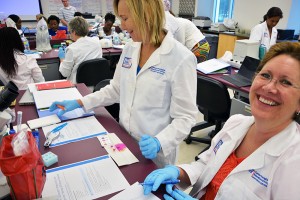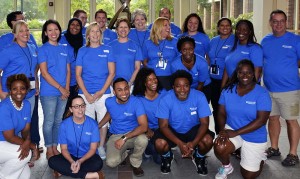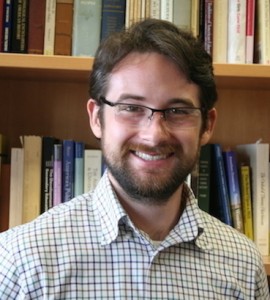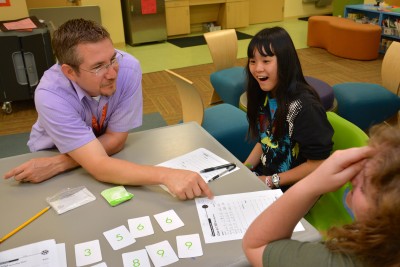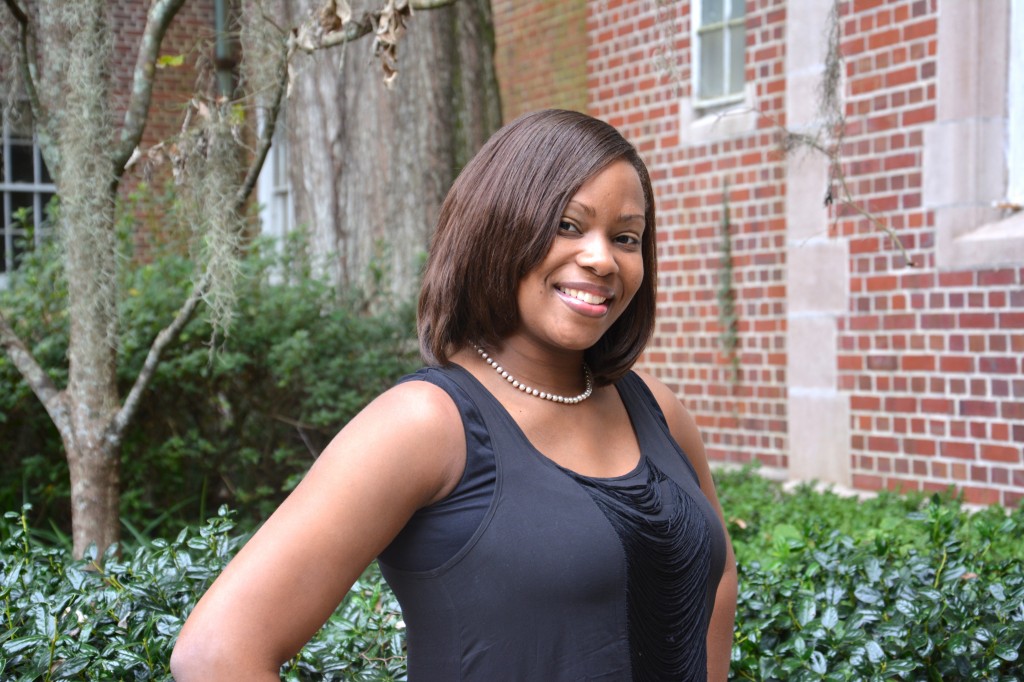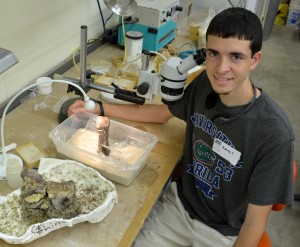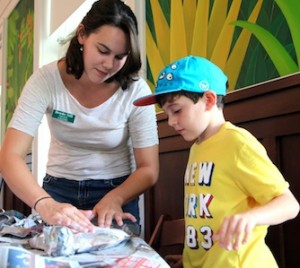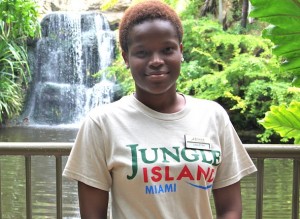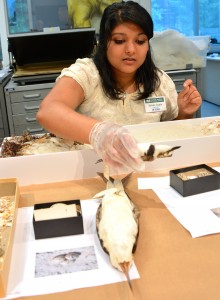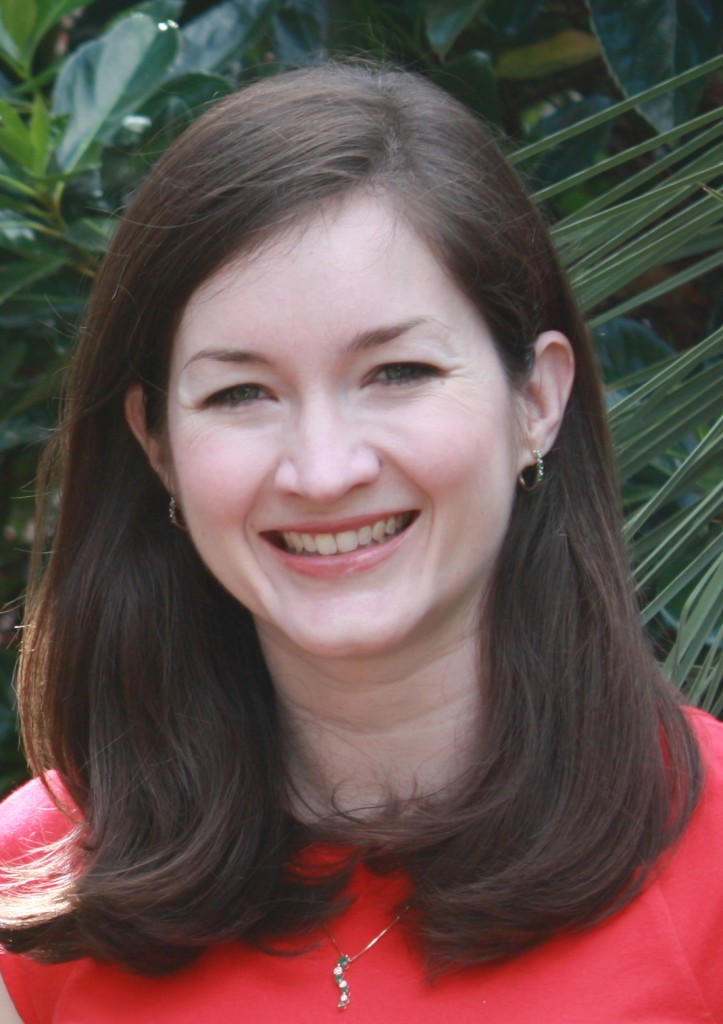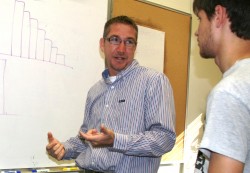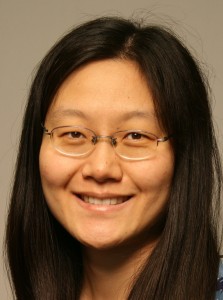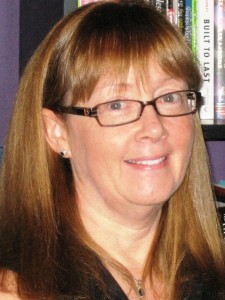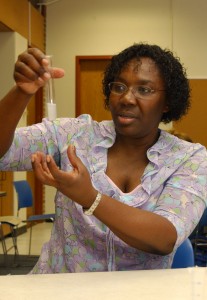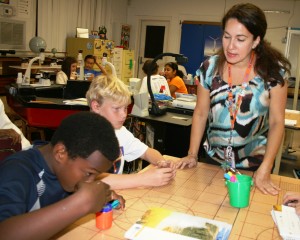Posts
https://education.ufl.edu/news/files/2019/04/MG_2430-1.jpg
674
1200
crdennard
https://education.ufl.edu/news/files/2019/07/News-1-300x65.png
crdennard2019-04-22 20:36:202021-12-16 16:22:36UF Professors Receive $956,733 To Pilot Cryptography-Focused Elementary-Level Curriculum
https://education.ufl.edu/news/files/2019/07/News-1-300x65.png
0
0
https://education.ufl.edu/news/files/2019/07/News-1-300x65.png
2016-12-01 12:07:062016-12-01 12:39:04Learning Gains from our Brains
https://education.ufl.edu/news/files/2015/11/Pasha-EEG6-1024x380.jpg
380
1024
https://education.ufl.edu/news/files/2019/07/News-1-300x65.png
2015-11-25 11:44:312016-01-27 09:17:05Ed. technology researcher lands record five NSF grants
https://education.ufl.edu/news/files/2015/11/Kathy-Savage-Houda-Darwiche-10241.jpg
380
1024
https://education.ufl.edu/news/files/2019/07/News-1-300x65.png
2015-11-23 13:43:192015-11-30 10:48:35UF precollegiate center keeps teachers up to date on bioscience technologies
https://education.ufl.edu/news/files/2019/07/News-1-300x65.png
0
0
https://education.ufl.edu/news/files/2019/07/News-1-300x65.png
2014-12-12 14:01:002014-12-12 14:02:12Statistics Ed. doctoral student selected as CADRE fellow
https://education.ufl.edu/news/files/2014/06/JACOBBE-Tim_0056-banner.jpeg
355
960
https://education.ufl.edu/news/files/2019/07/News-1-300x65.png
2014-06-03 12:24:392014-10-11 11:24:24Everyone's a mathematician at heart
https://education.ufl.edu/news/files/2019/07/News-1-300x65.png
0
0
https://education.ufl.edu/news/files/2019/07/News-1-300x65.png
2013-11-18 15:38:532013-11-18 15:38:53Education doctoral student recognized for mentoring efforts
https://education.ufl.edu/news/files/2019/07/News-1-300x65.png
0
0
https://education.ufl.edu/news/files/2019/07/News-1-300x65.png
2013-08-06 13:35:092013-08-09 12:23:45UFTeach summer scholars get hands-on training in STEM education
https://education.ufl.edu/news/files/2019/07/News-1-300x65.png
0
0
https://education.ufl.edu/news/files/2019/07/News-1-300x65.png
2013-04-29 13:36:462013-04-29 13:36:46Doctoral student receives National Data Institute fellowship
https://education.ufl.edu/news/files/2019/07/News-1-300x65.png
0
0
https://education.ufl.edu/news/files/2019/07/News-1-300x65.png
2013-04-22 11:30:362013-04-19 14:54:14Two statistics education journals choose UF math ed professor for editor posts
https://education.ufl.edu/news/files/2019/07/News-1-300x65.png
0
0
https://education.ufl.edu/news/files/2019/07/News-1-300x65.png
2013-03-28 06:00:002013-04-24 14:10:29UF doctoral candidate receives $20K grant for dissertation
https://education.ufl.edu/news/files/2019/07/News-1-300x65.png
0
0
https://education.ufl.edu/news/files/2019/07/News-1-300x65.png
2013-01-30 10:58:212013-08-20 12:58:02INDEPENDENT FLORIDA ALLIGATOR, GAINESVILLE SUN: National Science Foundation scholarships
https://education.ufl.edu/news/files/2011/11/rose-e1325862467127.jpg
269
546
https://education.ufl.edu/news/files/2019/07/News-1-300x65.png
2011-11-08 12:38:402012-01-06 10:13:58COE-P.K. Yonge researchers head $5 million effort to transform middle-school science education
Scroll to top

